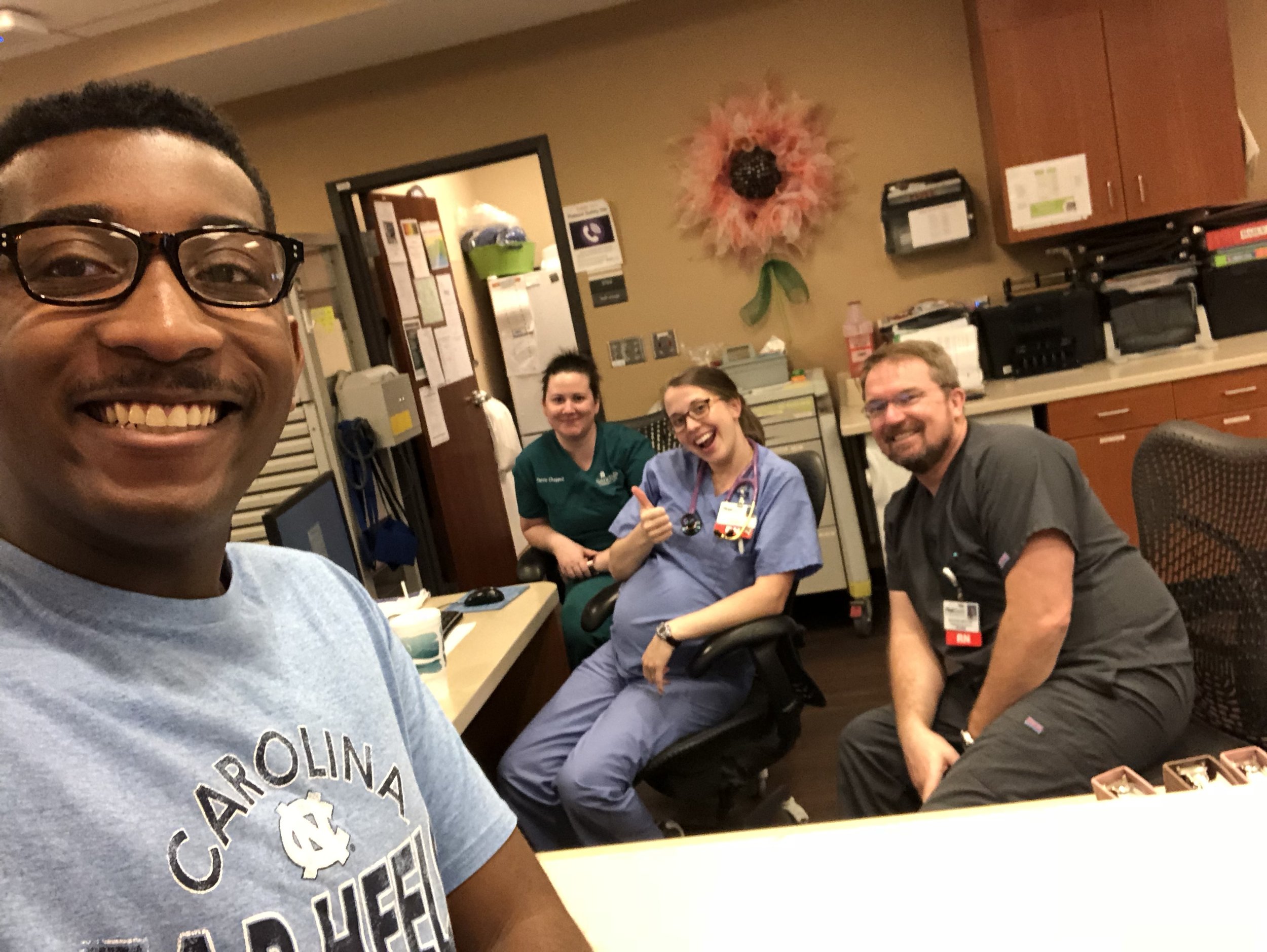Five Things! - Night Shift
Nursing can be complicated, so can being sick and in the hospital. However, there are some very basic and simple things we can do to make out patient's care experience better, while simultaneously making our lives, as busy nurses, a little easier. Here are five things that I hope you will find helpful.
1. Warm wash cloths in the morning - This may seem simple, but it can change a pt. mood and their perspective of their day by giving them a warm cloth to wipe their face and hands with. Even if they had a bath during the night, this can help them feel refreshed and "human" in the morning. I've found particular success with this in patients who have had trouble sleeping during the night and in those whose sleep must be interrupted for an early morning procedure.
2. Offer to change their linens - This can be done at any time but is especially beneficial for the patient who has been sweating a lot or itching. Some facilities have policies that linens should be changed q24-48h and when soiled. Changing linens creates an opportune time to encourage ambulation and assess the skin on your patient's back and bottom. You could also use this as a good time to listen to posterior breath sounds.
3. Go through the shift plan with the pt. This doesn’t have to be a long and drawn out thing. Simply giving a brief summary of med admin times, VS schedules etc... will suffice. This helps them be expectant of certain interruptions during the night. This can prevent stirring up agitation, trust me..... I learned this the hard way. Haha!
4. Chat with them (the patient and/or their visitors) while doing their assessment, if they are open to it. Ask them how their day was. Ask if they had any visitors during the day. Let them know your assessment findings. When we don’t say anything after listening to their lungs or getting vitals, some worry something is wrong. Let them know, everything sounds the same or good. Tell them something, don't leave them in the dark. Of course, every patient won’t desire this, so use discernment, especially if many visitors are present. Keep HIPAA in mind.
5. Provide anticipatory guidance. If you know you are busy, or about to get an admission, take the initiative to ask the patient of they need anything beforehand. Let them know you may be tied up for a few minutes, but that the patient can still call if they need something and someone will be there to assist as quickly as possible. This simple tip has saved me on many occasions. When patients know what to expect, they are much more understanding and more patient. In many cases, giving them guidance on shift events, can make them feel like you respect them and that their care is just as important as others, even if their acuity and needs are not high.
Happy Nursing!
Patrick McMurray, BSN, RN
PatMacRN





